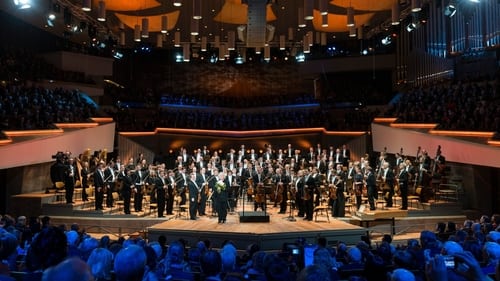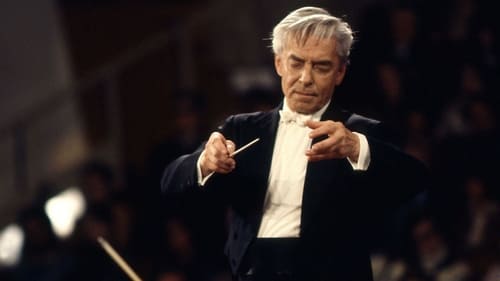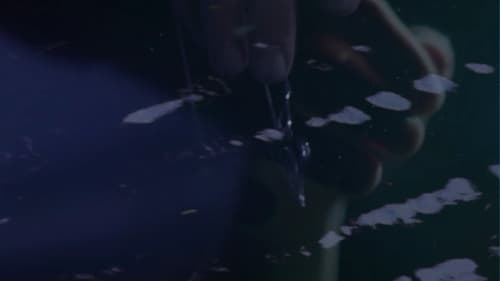René Kollo
出生 : 1937-11-20, Berlin, Germany

Haushofmeister
Christian Thielemann conducts this Staatskapelle Dresden production of Richard Strauss' chamber opera. The opera follows events at the home of the wealthiest man in Vienna, who has booked both a comedy burlesque act and a serious opera group for entertainment. When the dinner runs long he declares that both forms of entertainment must take place at the same time - much to the chagrin of the opera's proud young composer. Filmed live in Baden-Baden on Feb. 25 by the veteran director Brian Large, Renée Fleming makes her debut in the role of Ariadne together with fellow key Strauss interpreters Sophie Koch and Christian Thielemann, following on from their Rosenkavalier triumph. Thielemann conducts the Staatskapelle Dresden, the orchestra to whom Strauss dedicated his Alpine Symphony and which premiered Feuersnot, Salome, Elektra, Der Rosenkavalier and Daphne.

Aegisth
The richness and intensity of Richard Strauss's masterful one-act opera, in Herbert Wernicke's compelling production, vividly portrays the relentless pursuit and ecstatic realization of vengeance. Featuring Linda Watson, Jane Henschel, Manuela Uhl, Rene Kollo, and Albert Dohmen. The Philharmonia Chor Wien and Münchner Philharmoniker are conducted by Christian Thielemann

Himself

Sir Georg Solti leads the Wiener Philharmoniker in this intimate film of Strauss's comedy of manners. Using traditional sets and costumes, this is the only film version available of this opera. A talented cast includes Gundula Janowitz, Edita Gruberova, Bernd Weikl and Rene Kollo.

Wagner's erotic opera in a production by the German Opera of Berlin under the direction of Gotz Friedrich, with music conducted by Jiri Kout. Recorded at the Deutsche Oper Berlin.

Tristan
バイロイト祝祭劇場にて上演された舞台「トリスタンとイゾルデ」を映像化。鬼才・ポネルが演出・装置・衣装を担当し、ダニエル・バレンボイムがタクトを振る。

Florestan
This production is a gala affair; the sets are traditional (evocative of 18th-19th century Spain); the lighting is bright, so colors are good and one can see all of the action. Singers are generally well chosen and perform admirably. However, at this point, slight reservations creep in; although Janowitz (Fidelio/Leonore) and Kollo (Florestan) look "good" and act well, the singing parts tax them a bit when pushed to the limit. Most of the time that doesn't matter, and an argument can be made that a little vocal strain is in character with their dire plight. Ideally, for me, Vickers as Florestan would have added extra vocal heft and more sensitive acting than Kollo.

Self - Tenor
The annual New Year’s Eve Concert is one of the highlights in the calendar of every classical music fan in Berlin and beyond. On New Year‘s Eve, the Berliner Philharmoniker invite an exceptional soloist for a festive gala. Together, the musicians bid farewell to the old year and welcome the new. The 1977 concert was conducted by Herbert von Karajan and featured Ludwig van Beethoven's Symphony No. 9 and the Chor der Deutschen Oper Berlin.

Self
Karajan's very best video Beethoven 9th Symphony, recorded December 31, 1977. The Quartet of vocal soloists and Chorus in IV are superb. This is much better than Karajan's 1968 Berlin Philharmonic Beethoven 9 video (DG), filmed in the Philharmonie with no live audience present.

Himself
"Four Ways to Say Farewell" is a personal introduction to Mahler and his Ninth Symphony, during which Leonard Bernstein is seen and heard rehearsing the Vienna Philharmonic Orchestra. Filmed in 1971, this rehearsal was directed by Humphrey Burton,

Self

Paris

Prinz Sou-Chong
Lehar's The Land of Smiles touches the heart as it provides unforgetable melodies from start to finish. There are no weak links in the cast. Too often, we think of operetta as musical fluff, tired cliches, and obligatory dance scenes when things start slowing down. Not so in this classic operetta. We feel the pain of loss suffered by the two main characters, who make their roles natural and believable. There is more to this work than "Yours Is My Heart Alone." There is dramatic consistency and people you find yourself caring about as much as the music, the costumes, and the colorful sets.

Graf Tassilo

Graf Zedlau
An operetta with music by Johann Strauss II. However, he did not see the premiere. Wiener Blut is set at the time of the Congress of Vienna, 1814-1815, an international conference that sought to settle Europe after the upheavals of the Napoleonic Wars, and follows a traditional operetta plot full of mistaken identities. Count Balduin Zedlau, ambassador of the tiny court of Reuss-Schleiz-Greiz, is posted to Vienna. Count Zedlau is married but a real Don Juan always looking for a new encounter. Many of Strauss' compositions are used in the operetta although he did not specifically composed them for the operetta.

Edwin Ronald
Kálmán Imre's beloved operetta comes to the screen in this comedy of music, marriage and class set in Budapest and Vienna before the outbreak of the First World War, recorded at the Budapest Opera in 1963.

Self

Barkeeper
A music comedy by Franz Marischka.

Der Tenor/Bacchus
Opera in one act with prologue. Based on the production of the Vienna State Opera by Filippo Sanjust. Libretto by Hugo von Hofmannsthal

Traveller (archived footage)
After the end of civilization, an aged man undergoes a mysterious journey through space and time that takes him through memories, visions, and historical events, ultimately transcending the limitations of the senses and into a new cosmic rebirth.











